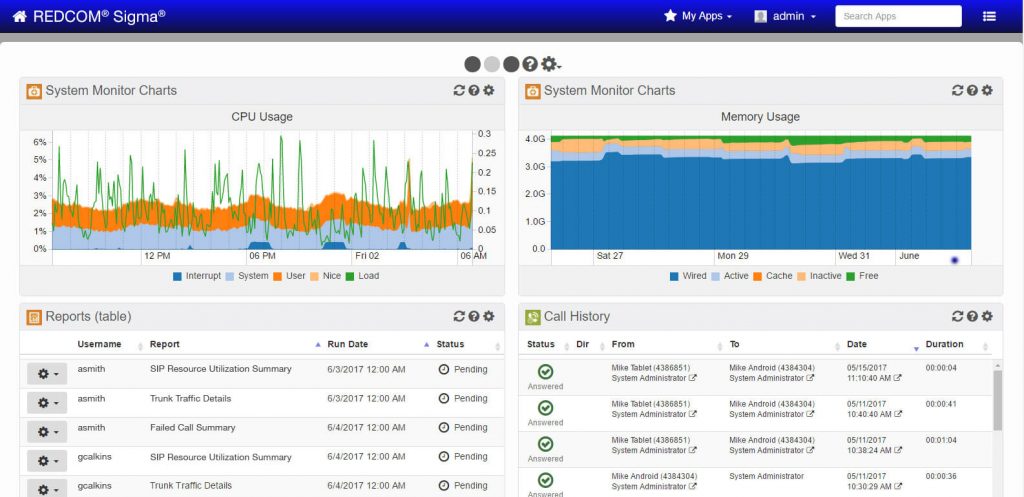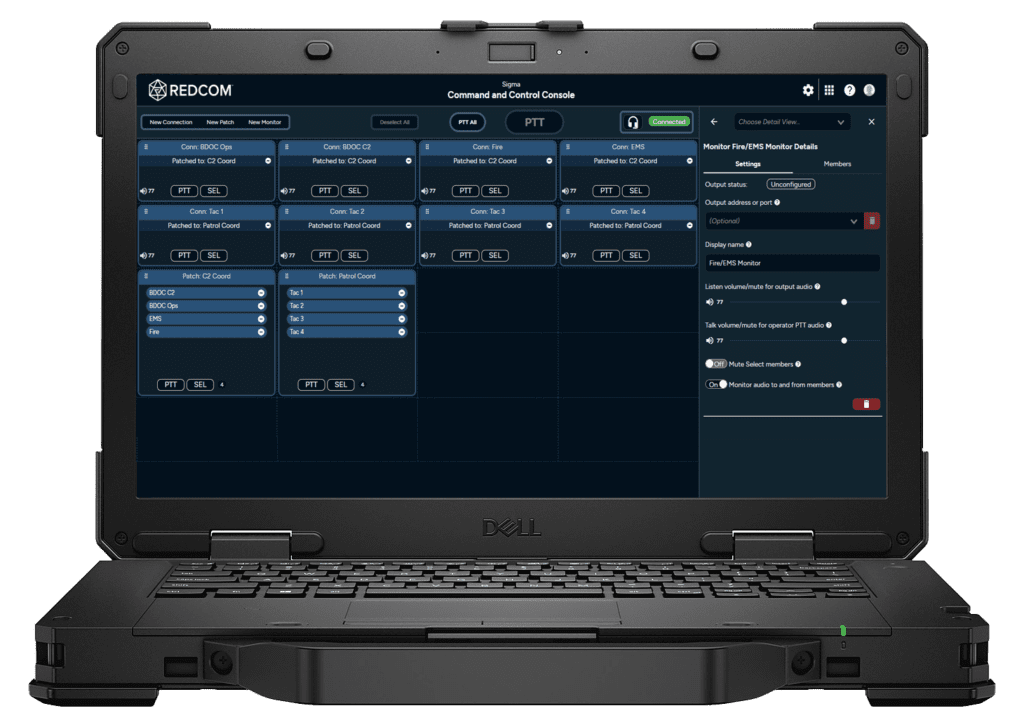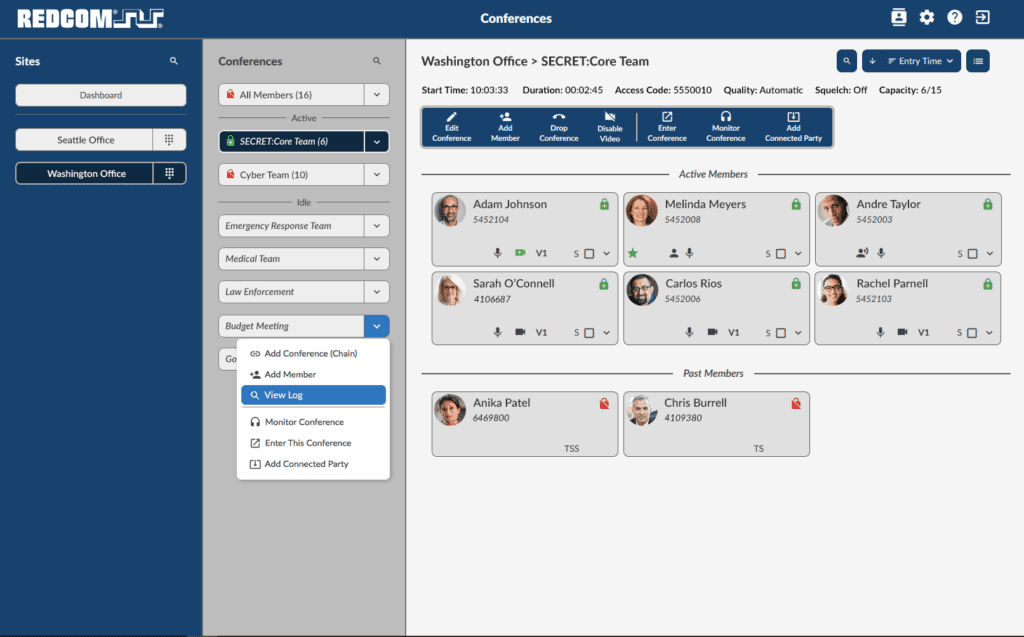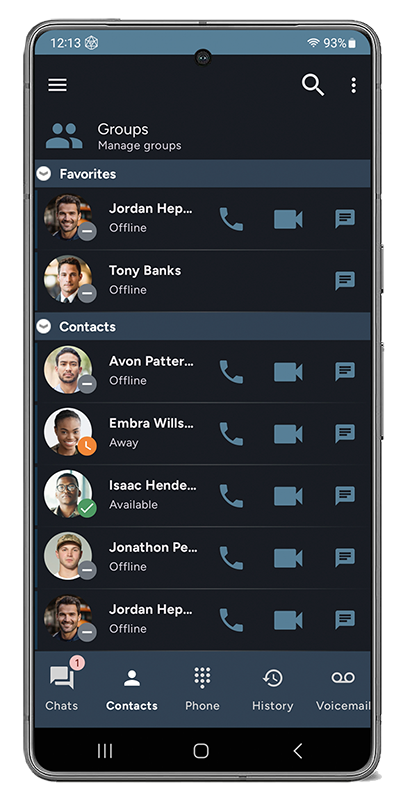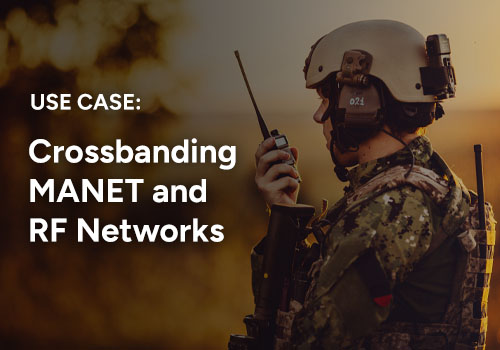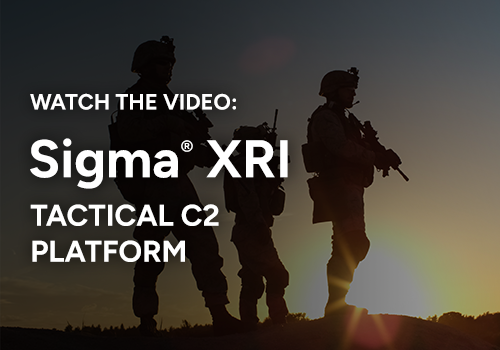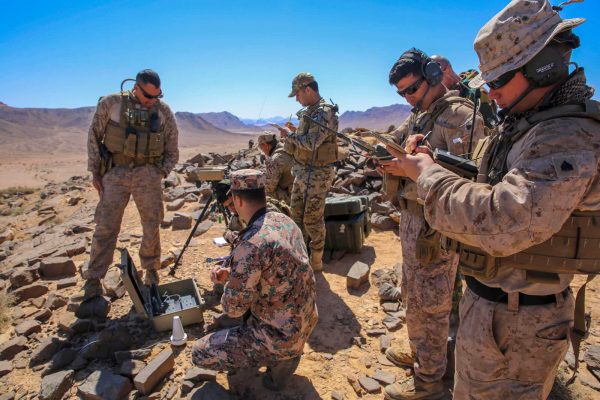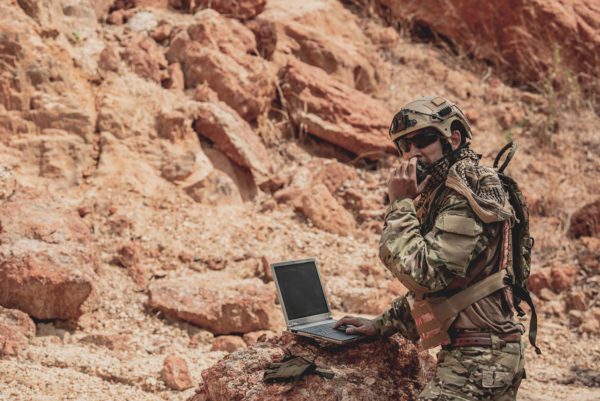Code Talkers played a critical role in our ability to command and control forces in the Pacific during World War II, maintaining secure communications and outsmarting our enemies. Alaska native and army veteran Richard Bean Sr. was a Code Talker during WWII along with four others. The Tlingit language of these Alaskan natives had been suppressed in an effort to civilize them, however, it became crucial in their roles in the war. This code is considered to be one of the most successful.
Although these men have since passed, they are now being honored for their lifesaving efforts during the war. Their wartime contributions were taken to the grave and went undisclosed for decades. In 1968, the military declassified the Navajo Code Talker program – peers of the Alaskan Code Talkers. However, it wasn’t until 2013 when Congress recognized Code Talkers from 33 tribes, including the Tlingit men, who were posthumously awarded silver medals. it was then that their friends and family realized the important roles they played in the war.
Mike Sweeney, Vice President of Government Strategy at REDCOM, spent 29 years serving in the Marine Corps and has had the pleasure of meeting several Code Talkers. “I don’t know that there has ever been a group of Marines who displayed the level of professionalism, valor, and devotion than the Code Talkers. Most impressive to me, however, was their humility about their contributions to the fight and their love of country.”
REDCOM prides itself of providing the most secure communications in the world and protecting the most important conversations. We respect and honor these men for doing the same. Their critical efforts and dedication throughout the war and long after are tremendous. The understanding that their work as Code Talkers was sacred, and of the highest importance, rings true today.
Read this article to learn more about the story of WWII Alaskan Code Talkers.
